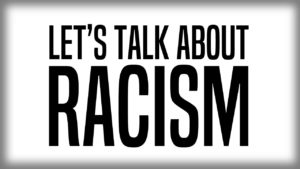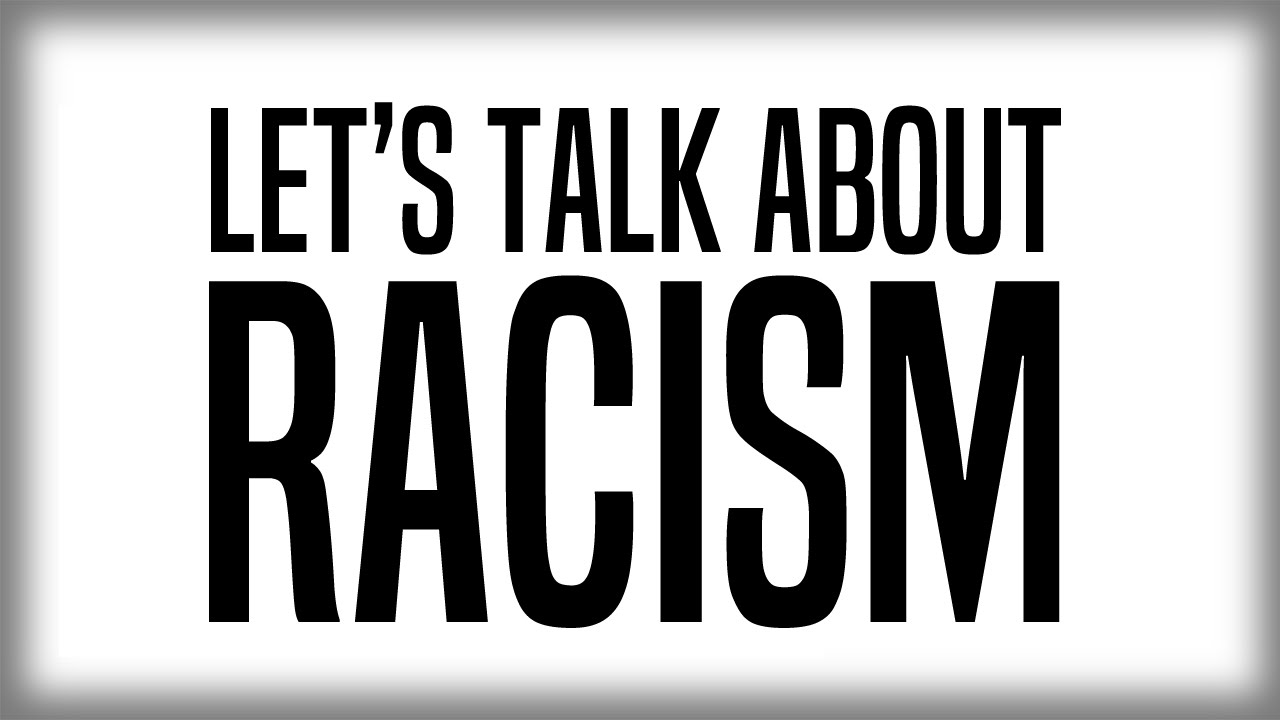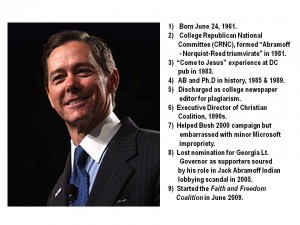 Written and submitted by: Anita J Arnold, M.Ed.
Written and submitted by: Anita J Arnold, M.Ed.
Unfortunately talking about racism in our culture is Taboo, and for “well intention white people” it can be especially treacherous. Accusations of racism, risking saying something wrong or worse yet, being called a “racist” is just not worth breaking the well-entrenched silence of whiteness.
My purpose and passion as a white, social justice educator, and activist is to provide a pathway for participants in my workshops to break-through the silence around the subject of racism.
The conscious making of white supremacy contains many layers; it has been ongoing since the white man arrived on this land. Most alarming is how it is openly taking up residence within the current President-elect’s tribe of terrible appointees.
As activists committed to doing the work of undoing racism, now, more than ever, we need to do what is required to break through the bubble or walls of silence that encases our whiteness.
This is a crucial time of testing for we, the lovers of justice, as to what our tolerance is for the white supremacist government that is being constructed before our very eyes. We must not normalize on any level what is abnormal. Vigilance to the overtly and covertly stripping of our human rights is required. And for white people, that requires courage.
Part of our learning to be white was to swallow the kool-aid of “see no evil, hear no evil, speak no evil”– especially to any hint of racism occurring around us. So we didn’t. And this purposeful refusal to muster even a modicum of curiosity as to another perspective is the definition of white privilege. We let ourselves off the hook of what is our problem to solve. Yes, racism is a white problem.
Currently, we are witnessing the construction of a government endowed with the narrative of white supremacy through the election of Trump and his inner circle appointments. Our job is not to “wait and see” but rather, to call out the evil when we see or hear it at any level. All this begins by breaking the taboo of silence. There are plenty of opportunities for white people to begin talking together to discover solutions for undoing racism. For starters, check out SURJ.org which is a national organization to support our efforts.
Whiteness and the privileges and the advantages it conveys are invisible and impossible to detect at the operational level of society at large — unless one intentionally seeks out this knowledge and awareness; it’s just the way life is. It is the norm from which all else is culturally defined. It’s white privilege. It’s why we need to do this work together because we are all “blinded by the white”.
Cultivate curiosity as to your own family story. Examine the messages of inclusion and exclusion, and then allow that to lead you deeper to the inside journey of what it means to be white during this time of dire racial strife.
There are a lot of ways to educate yourself on the making and breaking of justice. Join a book discussion; educate yourself on the truth of racism that built our country; attend a workshop; seek out like minded racial justice allies. Racial justice making is messy, hard work and is more easily accomplished together in solidarity.
What does being white mean to you in this climate of racial strife? How can you get the conversations up and going in your local community? And last, but not least, the question remains: “Can We Talk?”
_______________________________________
The author of this blog entry, Anita Arnold, invites you to learn more about her work around racial justice and/or to inquire about race related workshops visit her website here -> ConvergenceInstitute.net
Can We Talk?,




